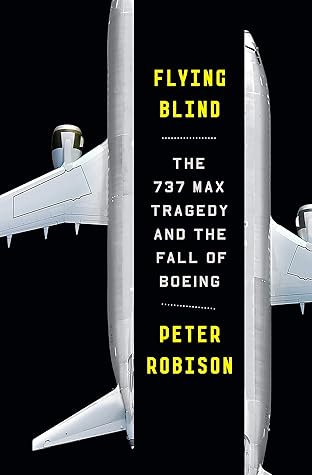More on this book
Community
Kindle Notes & Highlights
Stonecipher never lost the manner of the ass-kicking first-line supervisor he’d once been. He had a mien you’d call Trumpian if such a thing had existed then: a kind of deep-seated need for alpha displays, public humiliation, and conflict. “I’ll tell you why you’re all wrong,” he once said to a junior Boeing sales executive, minutes after meeting him. “I know things you can’t imagine, and I operate on a level you don’t even know exists.”
At the SEC, run by a former executive from the E.F. Hutton investment bank, the implementation of Rule 10b-18 in November 1982 drew little notice in the press but opened the way to a sustained transfer of wealth. The rule gave companies that purchased shares of their own stock in the open market “safe harbor” from charges of manipulation, as long as they didn’t exceed a limit of 25 percent of the daily trading volume. Over the subsequent decades, the University of Massachusetts economist William Lazonick wrote, “stock buybacks have channeled the productivity gains of U.S. business into the
...more
While they pressured the engineers for savings, Boeing enriched shareholders, spending $41.5 billion on stock buybacks from 2013 to 2018—enough capital to develop several all-new aircraft, had they chosen to. Almost 80 percent of the free cash during that period went to buybacks.
Within just a month of the plane’s grounding, Boeing had to sell $3.5 billion in bonds and draw on a $1.5 billion line of credit from its banks to raise money, a sign of how close to the edge it operated, and how little it had set aside for such rainy days. So much cash had been shoveled back to shareholders—not to mention Boeing’s board members and executives—that there was little left when MAX deliveries stopped and revenue dried up. Under Greg Smith, the chief financial officer, Boeing had even started pulling GE-like financial maneuvers to beat Wall Street’s quarterly targets for cash,
...more
Boeing’s total equity—just like a house, a measure of its debt compared to its assets on hand—stood at $410 million by the end of 2018. It had been $13 billion in 1997, before Stonecipher and his successors started hollowing out the company in the drive to boost the all-important return on net assets.


